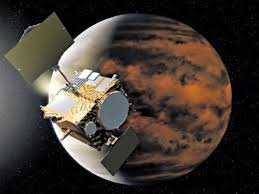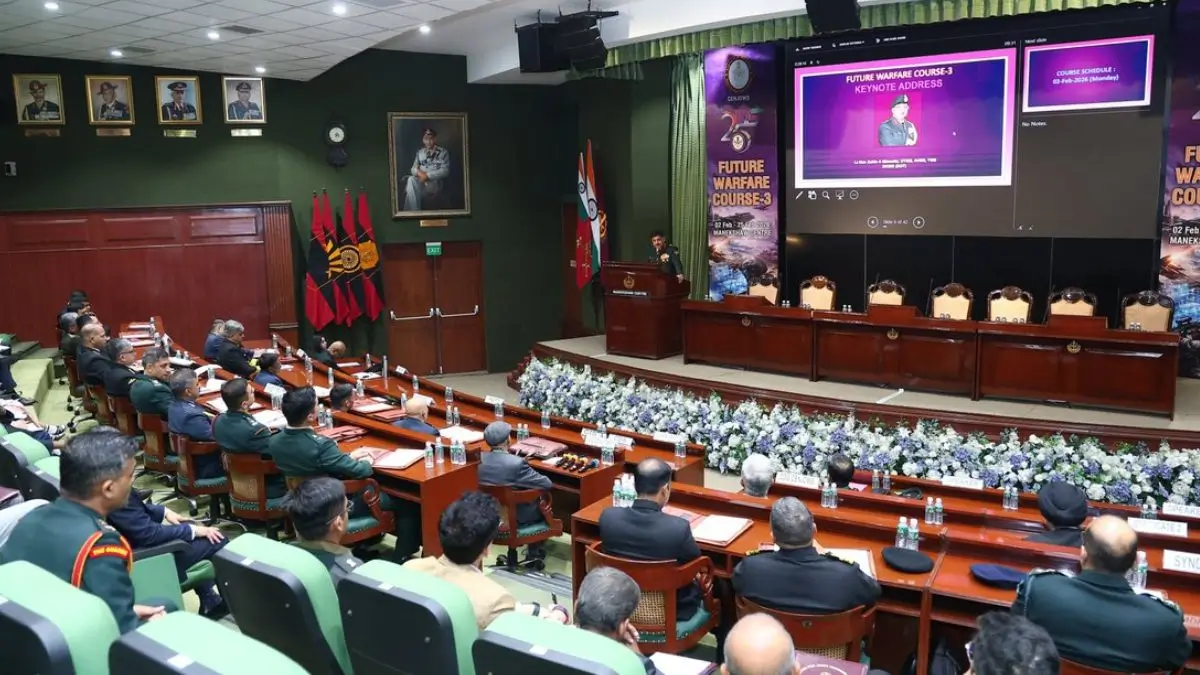India Sets Sights on Venus: A New Chapter in Space Exploration
Introduction to India’s Venus Mission
India is expanding its space exploration ambitions beyond the Moon and Mars, with a new focus on Venus. The Indian Space Research Organisation (ISRO) is preparing to launch a mission aimed at exploring the second planet from the Sun. This initiative underscores India’s growing prowess in space technology and its commitment to advancing scientific knowledge about our solar system.
Objectives of the Venus Mission
The primary goal of India’s Venus mission is to study the planet’s atmosphere, surface, and geological activity. Venus, known for its extreme heat and thick, toxic atmosphere, presents a challenging environment for scientific inquiry. By sending a spacecraft to Venus, ISRO aims to gather data that could provide insights into the planet’s climatic conditions and geological history, enhancing our understanding of planetary processes.
Technological Advancements and Preparations
The mission to Venus will leverage advanced technology and innovative design to overcome the harsh conditions of the planet. ISRO is developing specialized instruments to withstand high temperatures and corrosive atmospheric elements. The spacecraft will be equipped with sensors to analyze atmospheric composition, surface temperatures, and volcanic activity. These technological advancements reflect India’s growing capabilities in space exploration and its ambition to tackle complex scientific questions.
International Collaboration and Future Prospects
India’s Venus mission is part of a broader trend of international collaboration in space exploration. The project is expected to enhance partnerships with space agencies and research institutions globally. By participating in this mission, India aims to contribute to a collective understanding of Venus, alongside other international missions. This collaborative approach highlights India’s role in the global scientific community and its commitment to advancing space exploration.
Challenges and Opportunities
The Venus mission presents significant challenges due to the planet’s extreme conditions. High temperatures, intense atmospheric pressure, and corrosive gases pose technical hurdles for spacecraft design and data collection. However, these challenges also offer opportunities for scientific breakthroughs and technological innovation. Successfully addressing these obstacles will demonstrate India’s ability to tackle complex space exploration tasks and further establish its position as a leader in space science.

Why This News Is Important
Advancement in Space Exploration
India’s focus on Venus represents a significant step forward in its space exploration efforts. While the Moon and Mars have been focal points for many space agencies, Venus remains less explored due to its harsh environment. By targeting Venus, India is diversifying its space research portfolio and contributing valuable data to the global scientific community.
Scientific Discoveries and Technological Innovations
The Venus mission will potentially lead to new scientific discoveries about planetary atmospheres and surface conditions. Understanding Venus’s extreme climate could provide insights into similar phenomena on Earth and other planets. Moreover, the technological innovations required for this mission could have broader applications beyond space exploration, benefiting various fields of science and engineering.
International Scientific Collaboration
This mission underscores India’s growing role in international space research and collaboration. By working alongside other space agencies, India is fostering global partnerships and contributing to collective knowledge about the solar system. Such collaborations enhance global scientific efforts and promote a unified approach to exploring and understanding space.
Inspiration for Future Generations
The Venus mission is expected to inspire a new generation of scientists, engineers, and space enthusiasts in India and worldwide. By achieving milestones in space exploration, India can motivate young minds to pursue careers in STEM fields and contribute to the future of space science and technology.
Strategic Importance
Strategically, the Venus mission aligns with India’s broader goals in space exploration and technology development. Success in this mission will not only strengthen India’s position in the global space arena but also demonstrate its capability to undertake ambitious scientific projects and overcome complex challenges.
Historical Context
Early Space Exploration
India’s space journey began in the early 1960s with the establishment of ISRO. The country’s initial focus was on satellite launches and remote sensing technologies. Over the decades, India has made significant strides in space exploration, achieving milestones such as the Chandrayaan and Mangalyaan missions.
Chandrayaan and Mangalyaan Missions
India’s Chandrayaan-1 mission in 2008 marked its entry into lunar exploration, discovering water molecules on the Moon. The Mangalyaan mission in 2013 further cemented India’s status as a key player in space exploration, with its successful Mars Orbiter Mission demonstrating the country’s capability to reach and study the Red Planet.
Current Ambitions
Building on past successes, India is now setting its sights on Venus. The Venus mission represents a natural progression in the country’s space exploration efforts, aiming to expand its scientific reach and continue its legacy of innovative space missions.
Key Takeaways from India Sets Sights on Venus
| Serial Number | Key Takeaway |
|---|---|
| 1 | India is preparing a new mission to Venus, expanding its space exploration beyond the Moon and Mars. |
| 2 | The mission aims to study Venus’s atmosphere, surface conditions, and geological activity. |
| 3 | Advanced technology and specialized instruments will be developed to withstand Venus’s harsh environment. |
| 4 | The mission reflects India’s growing role in international space collaboration and scientific research. |
| 5 | Successfully overcoming the challenges of Venus will showcase India’s capabilities in tackling complex space exploration tasks. |
Important FAQs for Students from this News
1. What is the main objective of India’s Venus mission?
- The main objective of India’s Venus mission is to study the planet’s atmosphere, surface conditions, and geological activity. This mission aims to gather data that will enhance our understanding of Venus’s climatic conditions and geological history.
2. Why is Venus considered a challenging target for space exploration?
- Venus is considered a challenging target due to its extreme surface temperatures, high atmospheric pressure, and corrosive gases. These harsh conditions require advanced technology and specialized instruments to study the planet effectively.
3. How does India’s Venus mission fit into its broader space exploration goals?
- India’s Venus mission represents a natural progression in its space exploration efforts, building on previous successes with missions to the Moon and Mars. It reflects India’s commitment to advancing scientific knowledge and expanding its capabilities in space technology.
4. What are the technological advancements being used in the Venus mission?
- The mission will employ advanced technology and innovative design to withstand Venus’s harsh conditions. This includes developing specialized instruments to analyze atmospheric composition, surface temperatures, and volcanic activity.
5. How does the Venus mission contribute to international scientific collaboration?
- The Venus mission is part of a broader trend of international collaboration in space exploration. By participating in this mission, India is contributing to global scientific efforts and fostering partnerships with other space agencies and research institutions.
Some Important Current Affairs Links

















